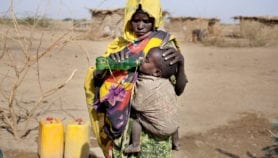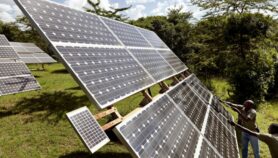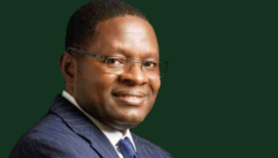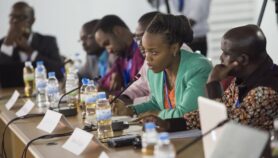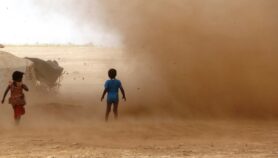29/04/22
‘Climate change literacy needed’ as Africa faces storms
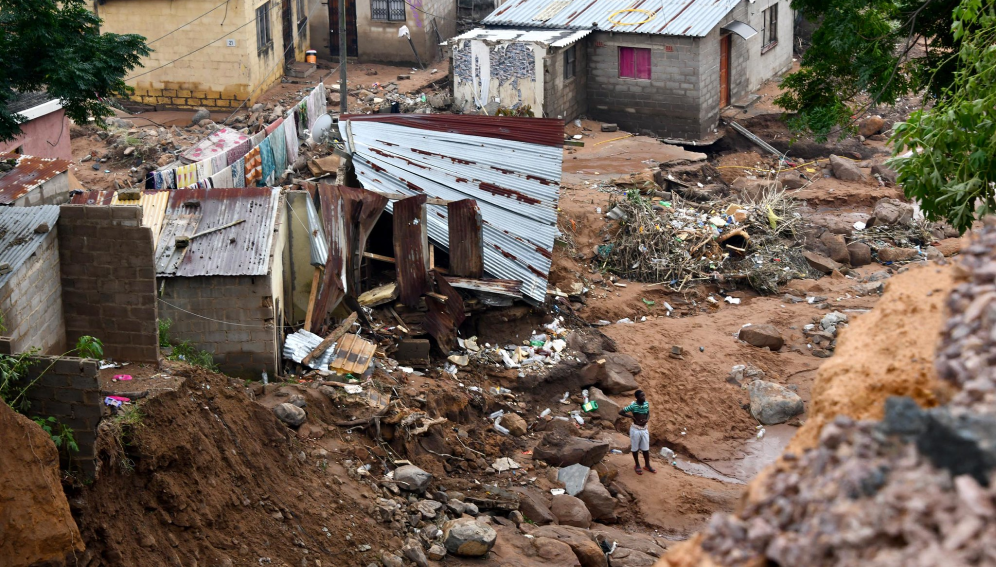
By: Eldon Opiyo
Send to a friend
The details you provide on this page will not be used to send unsolicited email, and will not be sold to a 3rd party. See privacy policy.
[NAIROBI] Reconstruction efforts following tropical storms and cyclones that hit Madagascar, Malawi and Mozambique earlier this year need to account for climate change risks and impacts, a report says.
Southeast Africa was hit by three tropical cyclones and two tropical storms in January and February this year.
According to the report published this month (11 April), Madagascar, Malawi and Mozambique were hardest hit, with more than a million people affected by extreme rainfall and floods, and 230 deaths.
The report resulted from an investigation by scientists in the affected African countries and other nations including India, the Netherlands and South Africa to identify factors that contributed to the storms, their impacts and how to respond to future occurrences.
“The study does qualitatively show that the intensity of similar heavy precipitation events has become larger due to human-induced climate change.”
Sarah Kew, Royal Netherlands Meteorological Institute
“The impacts of the floods related to heavy precipitation were huge,” says Sarah Kew, a co-author of the report and weather and climate extremes researcher from the Royal Netherlands Meteorological Institute (KNMI). “The study does qualitatively show that the intensity of similar heavy precipitation events has become larger due to human-induced climate change.”
Overall, this means that both climate change and other factors make people in the affected areas extremely vulnerable to such precipitation events but it is not clear by how much, she adds.
Multiple rainfall events are making it more difficult for communities to recover from one storm and prepare for the next, the study says. It suggests the risk of these “compounding crises” needs to be considered when rebuilding infrastructure and designing early warning systems.
Sjoukje Philip, a climate scientist at KNMI, tells SciDev.Net that the general results would also apply to neighbouring regions that experience similar weather patterns and a similar weather regime but in regions that have different seasonal precipitation or a different climate, the results might be different.
The study ran from 8 February to 11 April. “We always aim to communicate the study results as rapidly as possible after the event, so that the message reaches the media and decision-makers in good time,” Phillip says.

Kew says that people in Sub-Sub-Saharan Africa including journalists who can convey the message to the public, politicians and decision-makers need to care about human-induced climate change and the first step is to make people aware of climate change and its influence on extreme weather events.
“Although not all disasters are related to extreme weather events and not all extreme weather events are related to climate change, it is important to disentangle the influence of climate change and other factors on extreme events,” Kew explains. “In this way, it will be easier for decision-makers to act and decide on, for instance, appropriate adaptation measures.
“It is important to know to what extent an event is made more likely due to human induced climate change, because only then can decision-makers decide what is necessary to prevent more damage in a warming climate.”
Richard Munang, the Africa regional climate change coordinator at the UN Environment Programme, says that the southern Africa region is already warming twice as fast as the global average.
“This implies that the worsening of these climate change effects will occur faster in this region than the rest of the globe,” he explains. “This is a very relevant study because it gives us the scientific projections. But what is most important is how we respond to this science. How decision-making and investments need to change considering this science. And this must centre on one word – socioeconomics.”
According to Munang, the impacts of climate change cut across all sectors of the economy and each segment of society has something they can do to ensure Africa’s optimal response to climate change.



“We therefore need to look at the broader issue of climate change literacy in Africa. The average national climate change literacy in Africa is 37 per cent which is much lower than Western countries which is over 80 per cent,” Munang explains.
This piece was produced by SciDev.Net’s Sub-Saharan Africa English desk.








